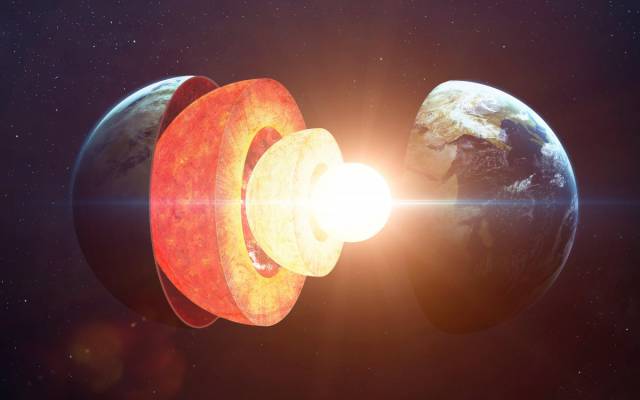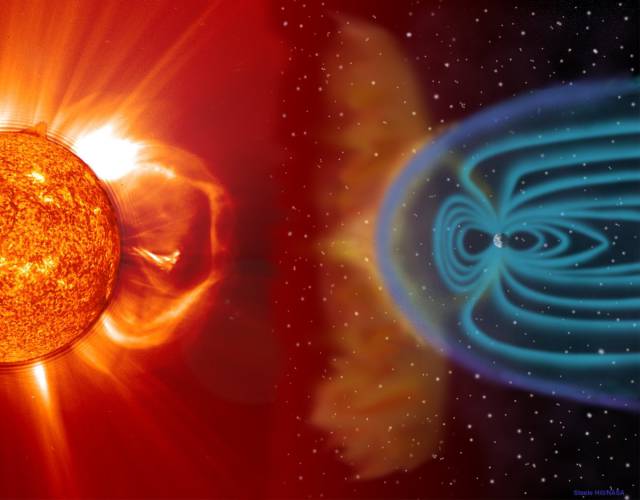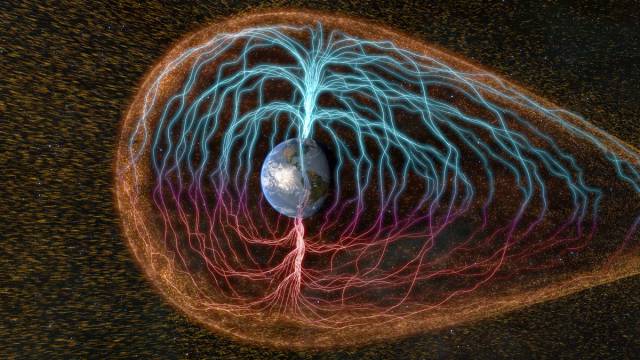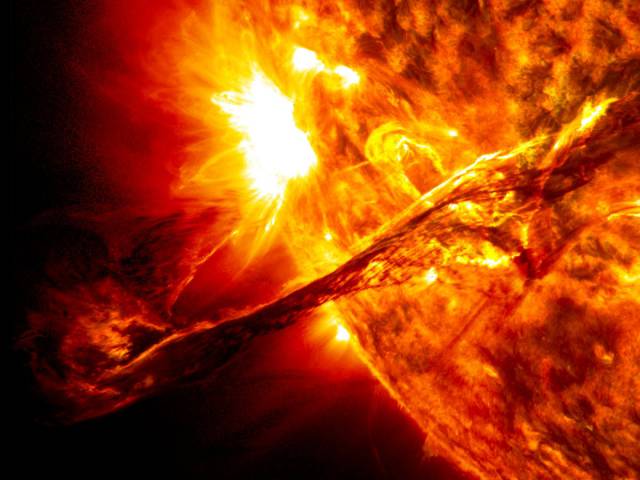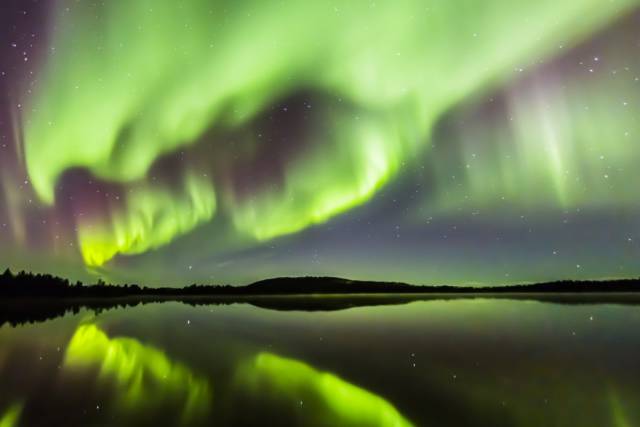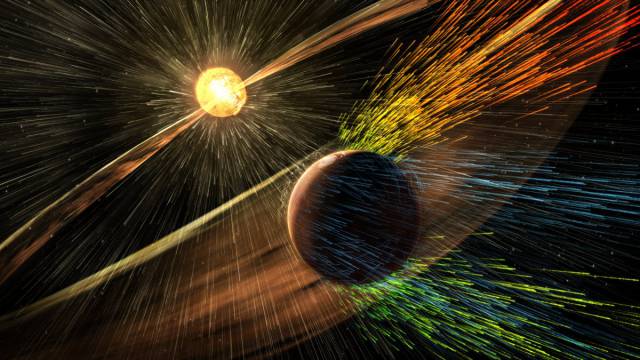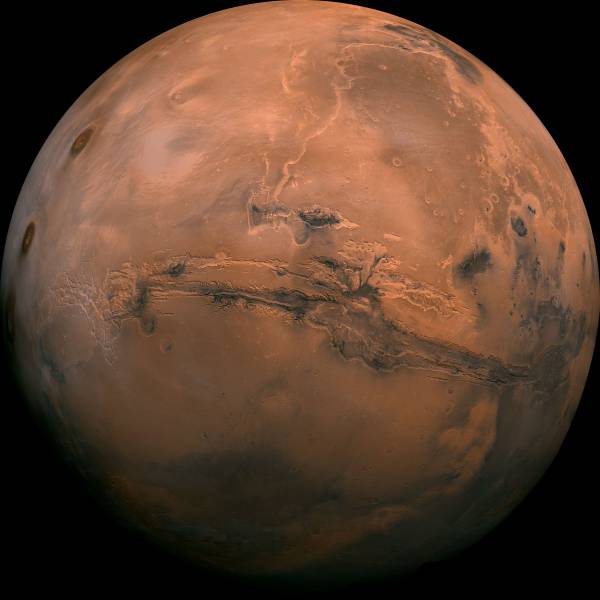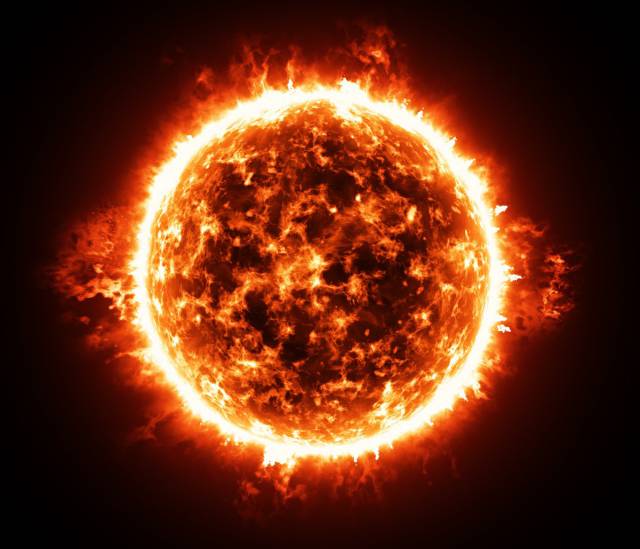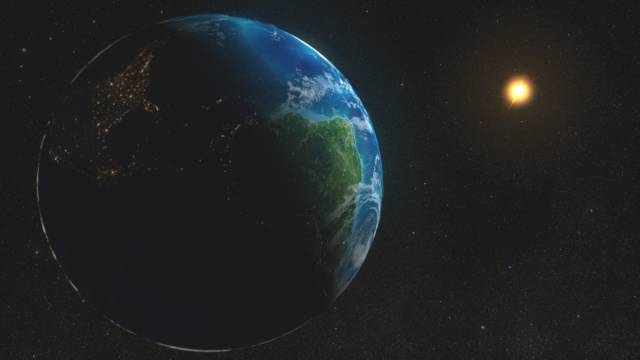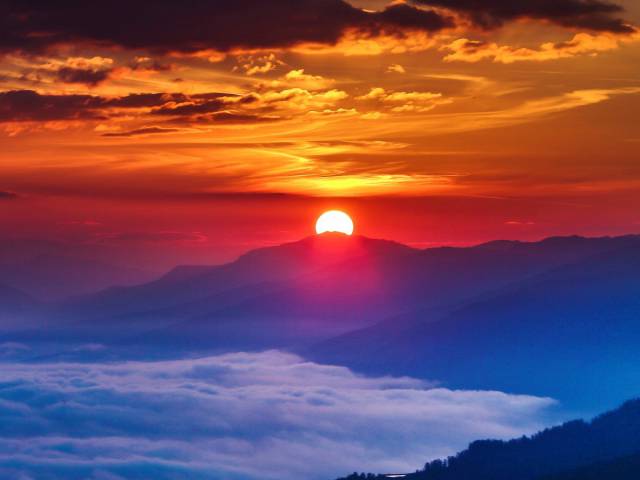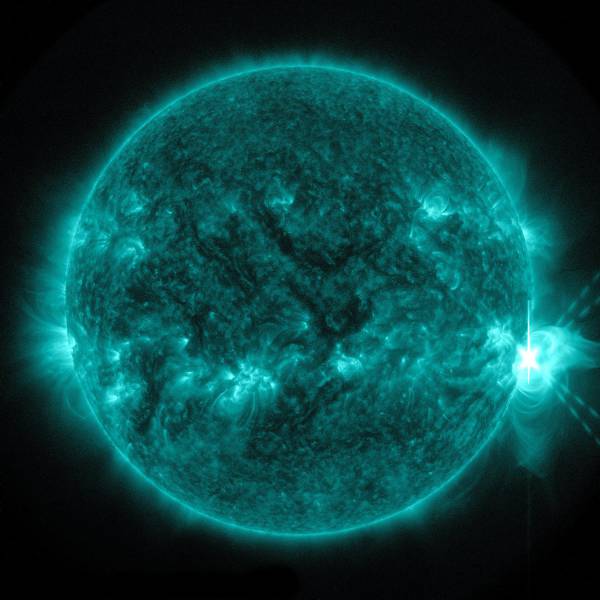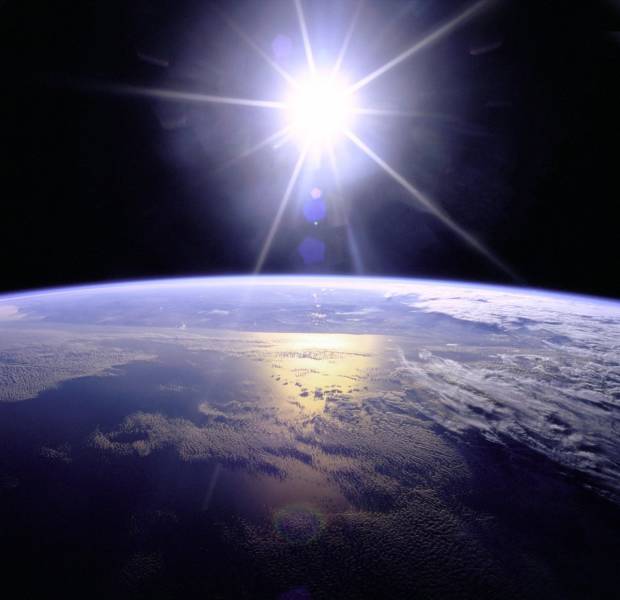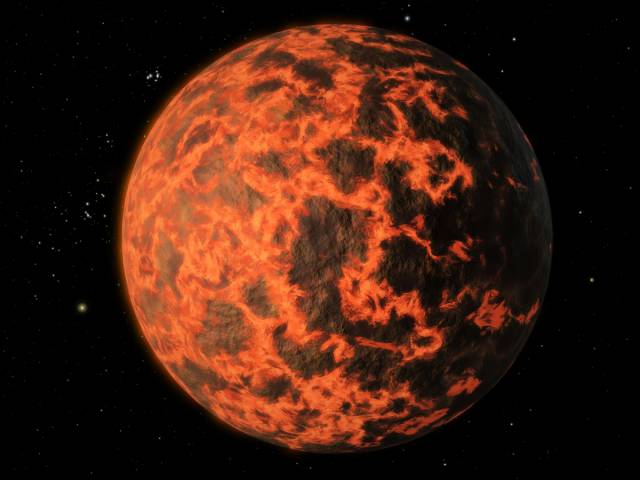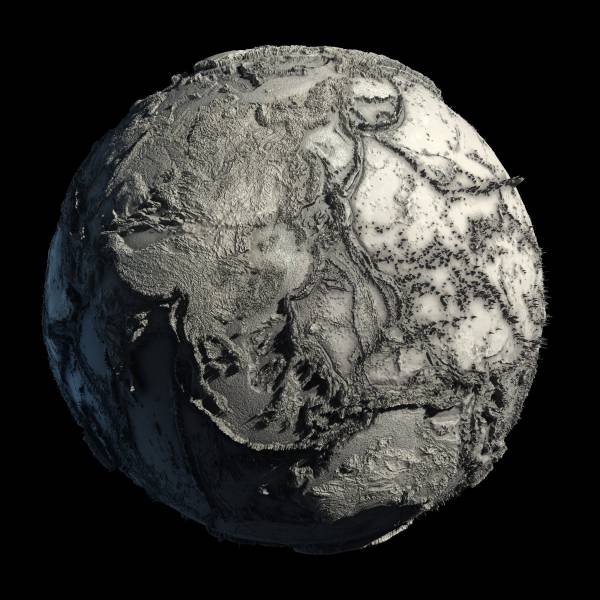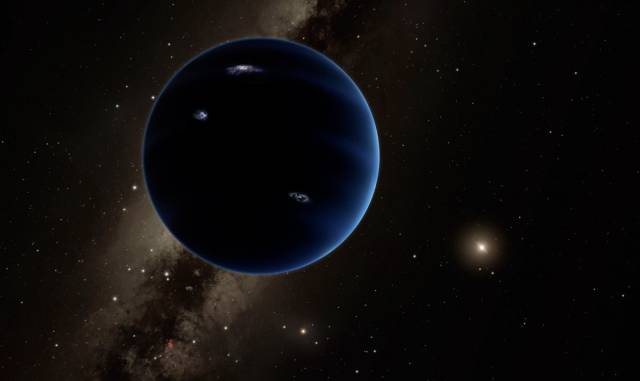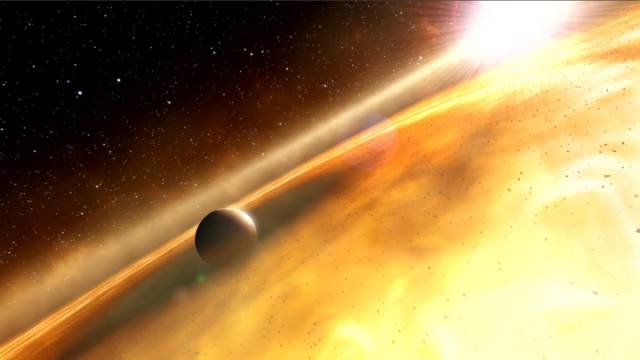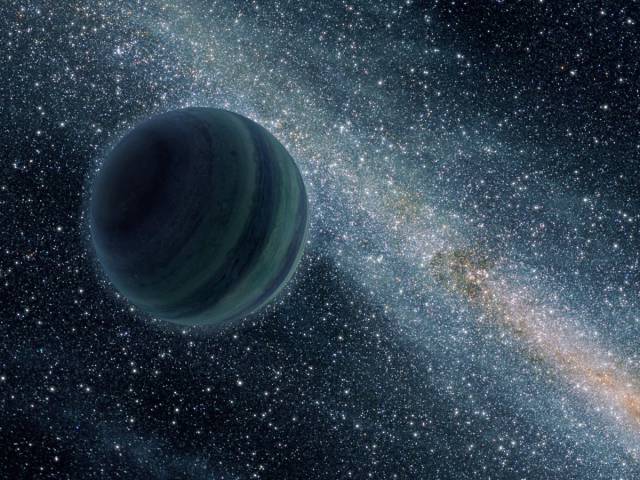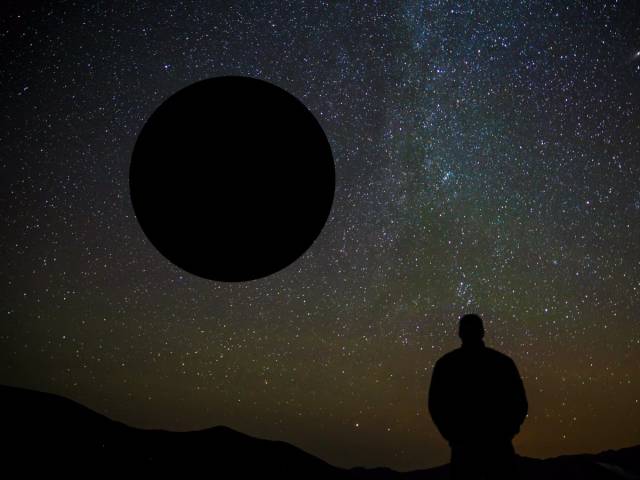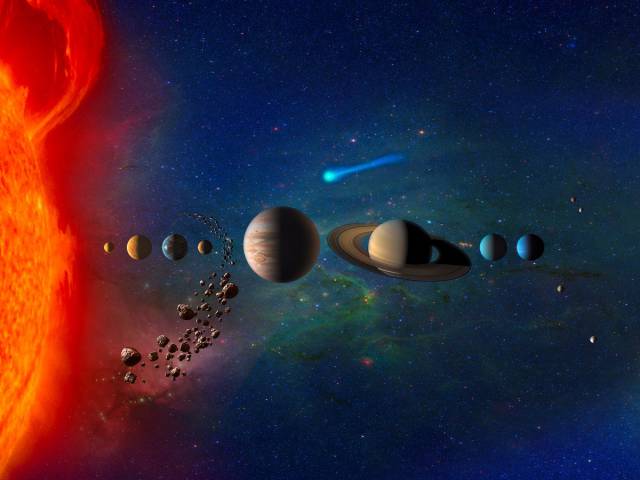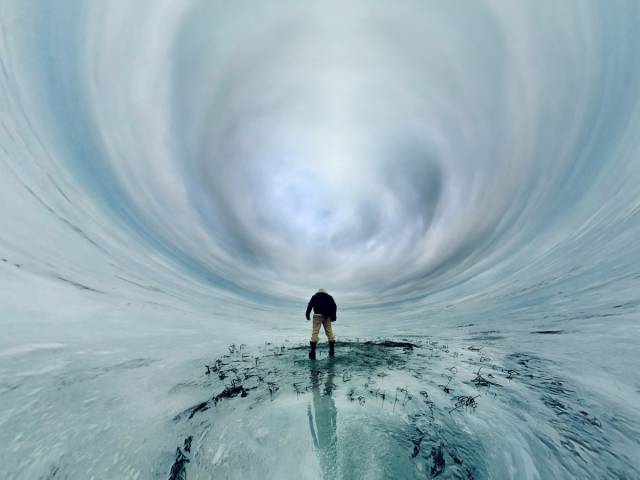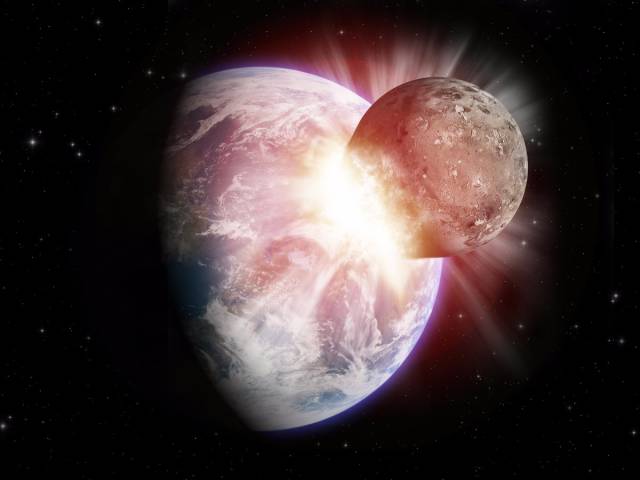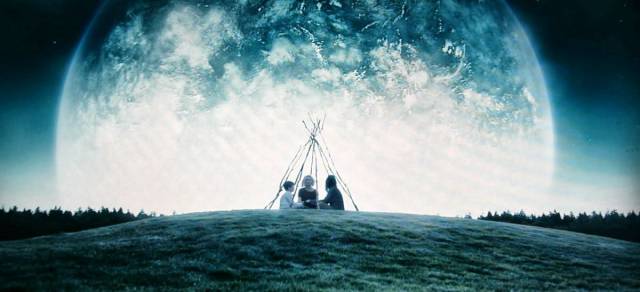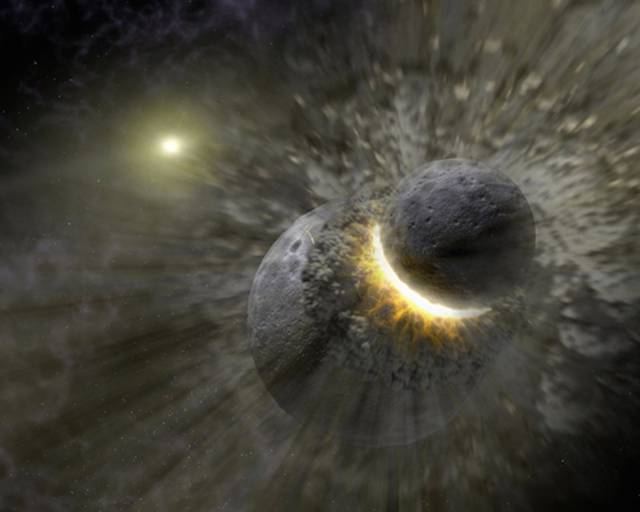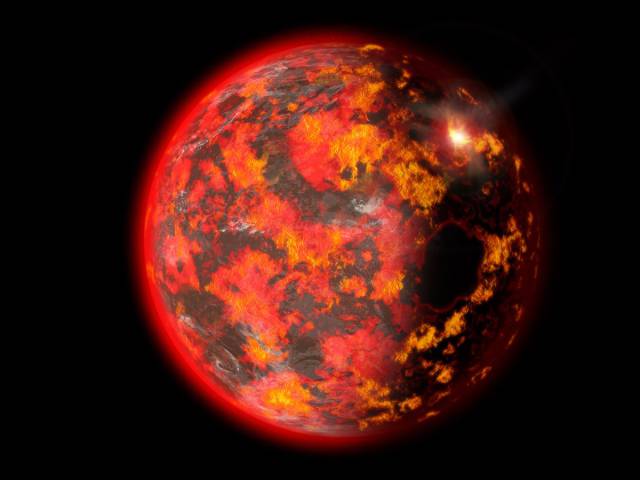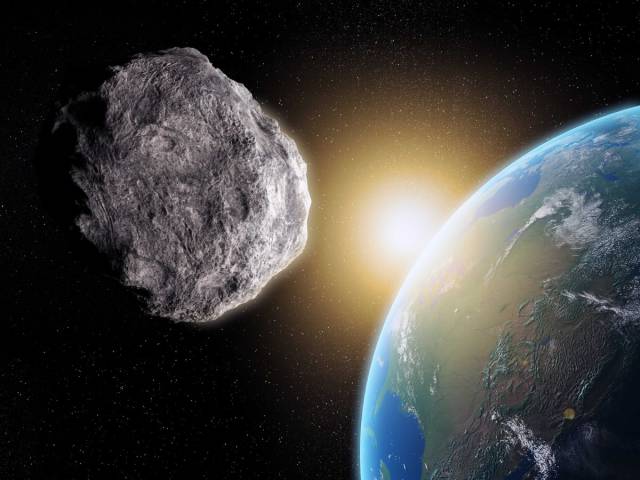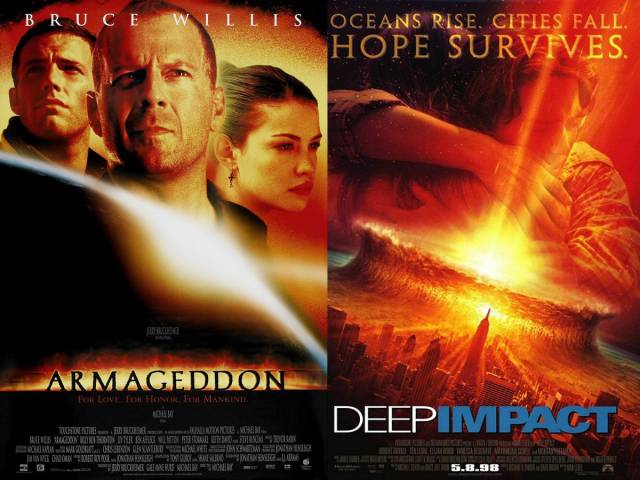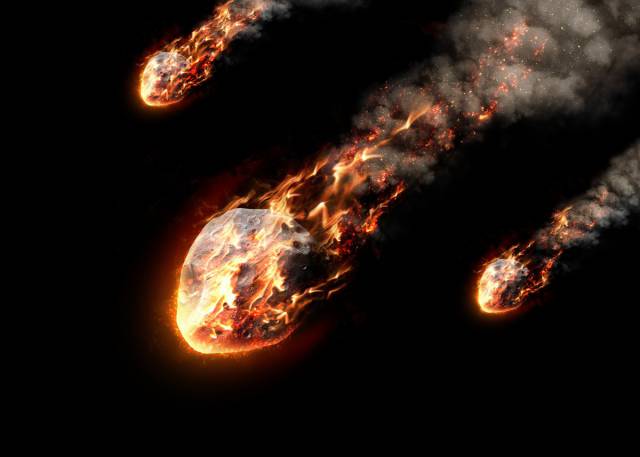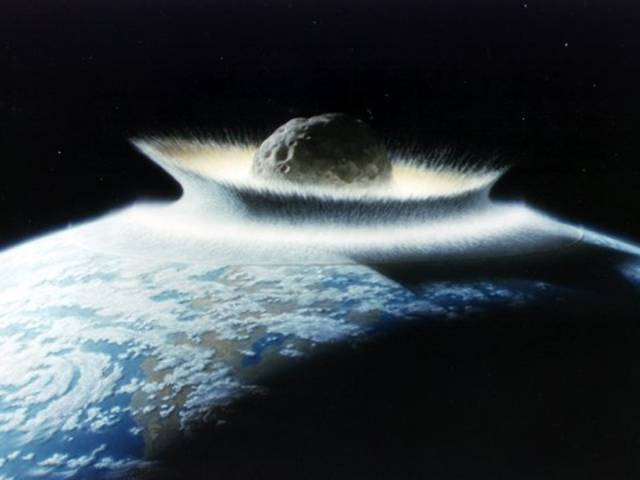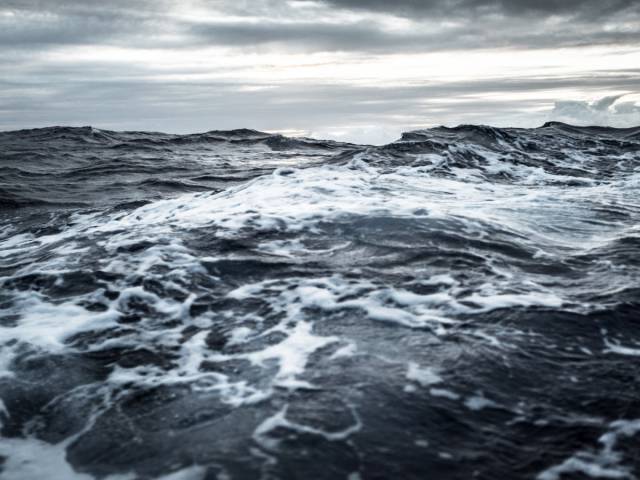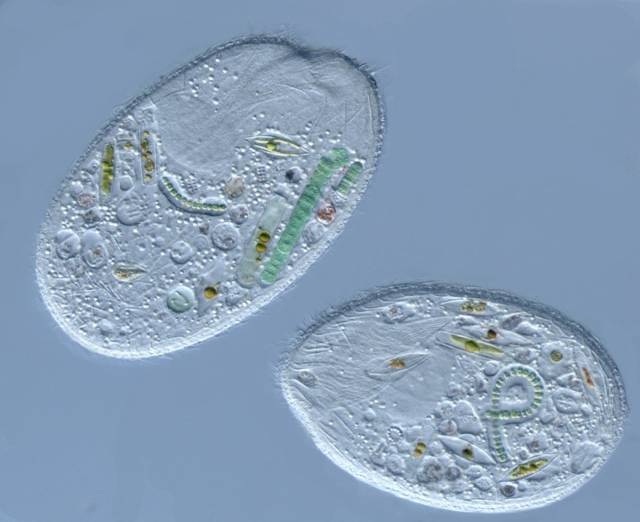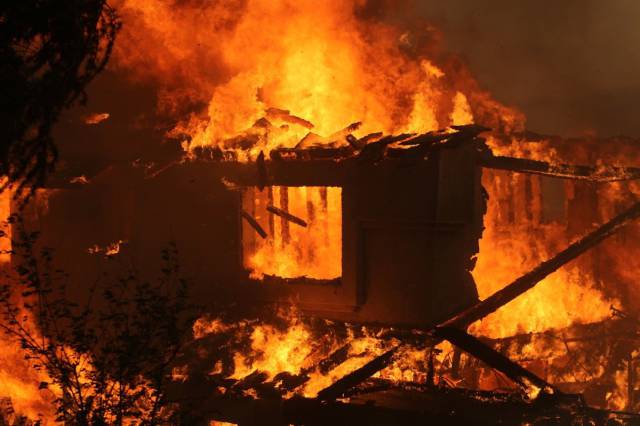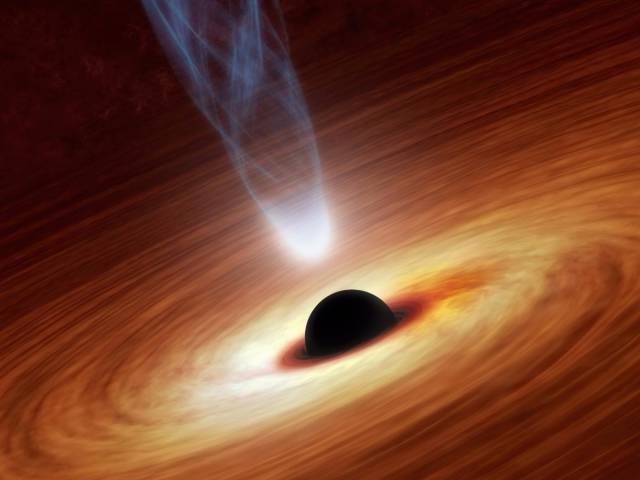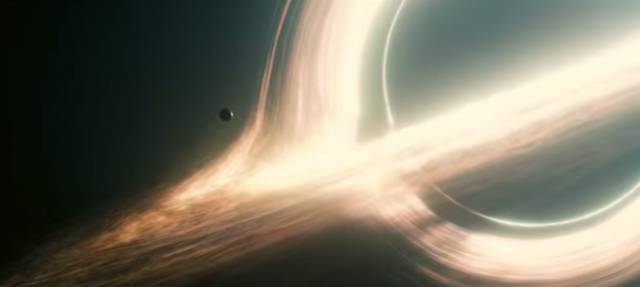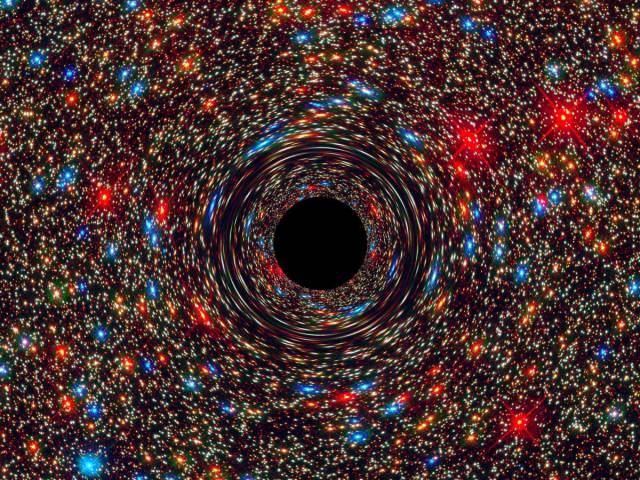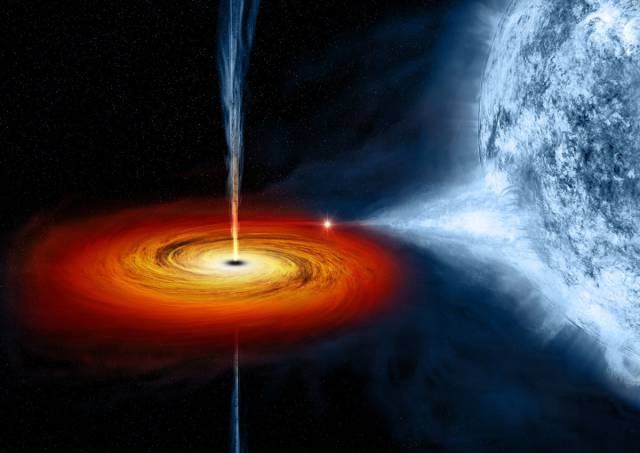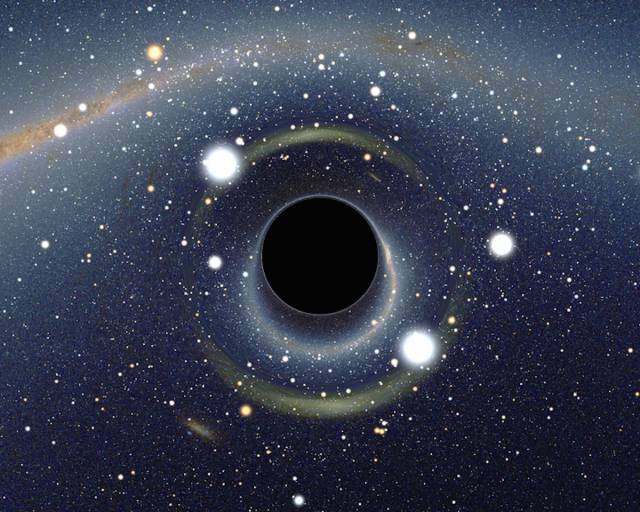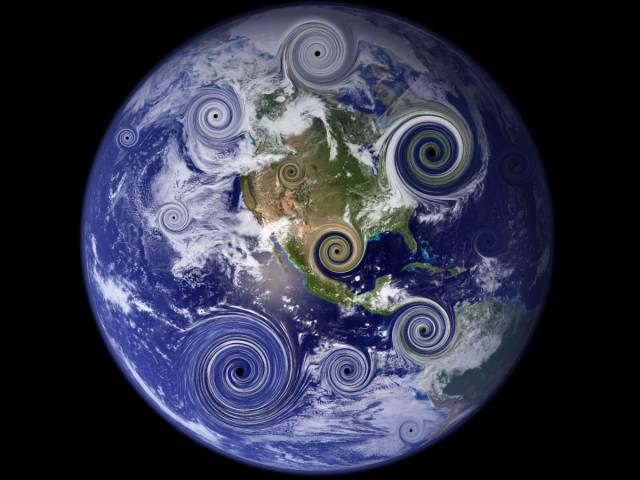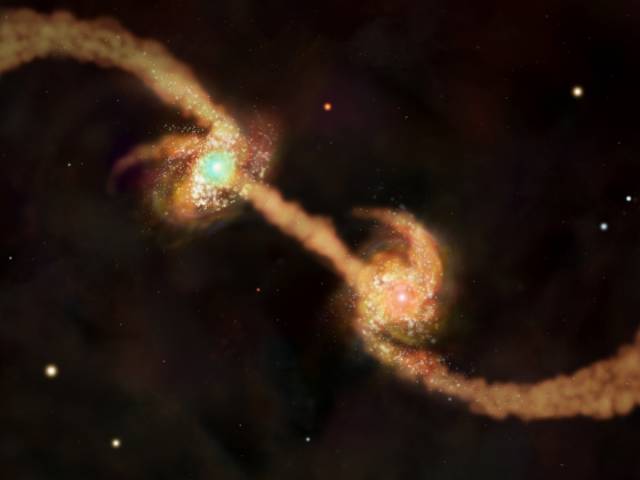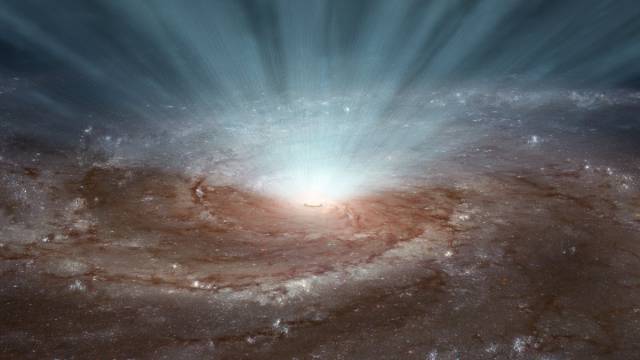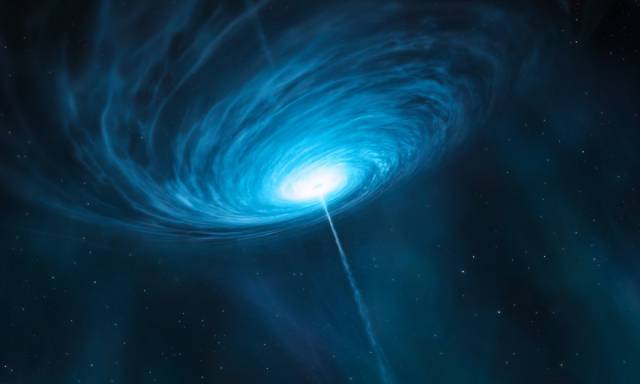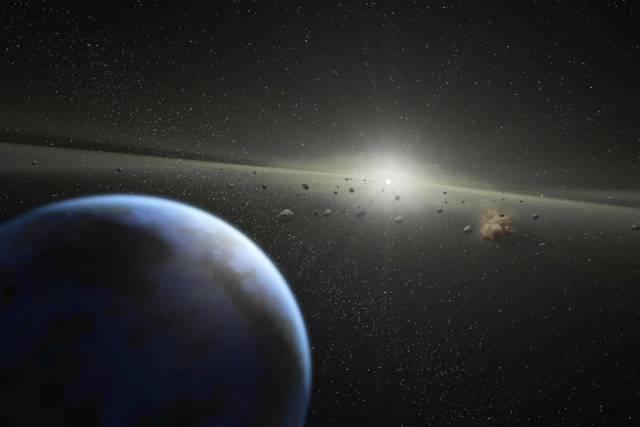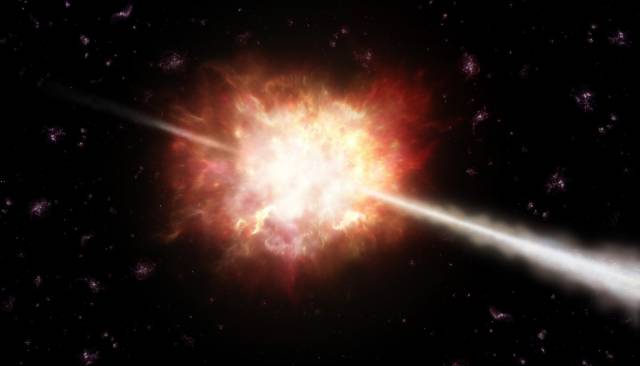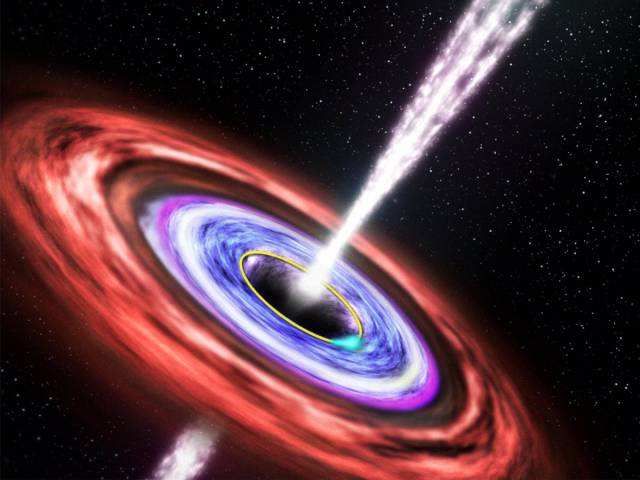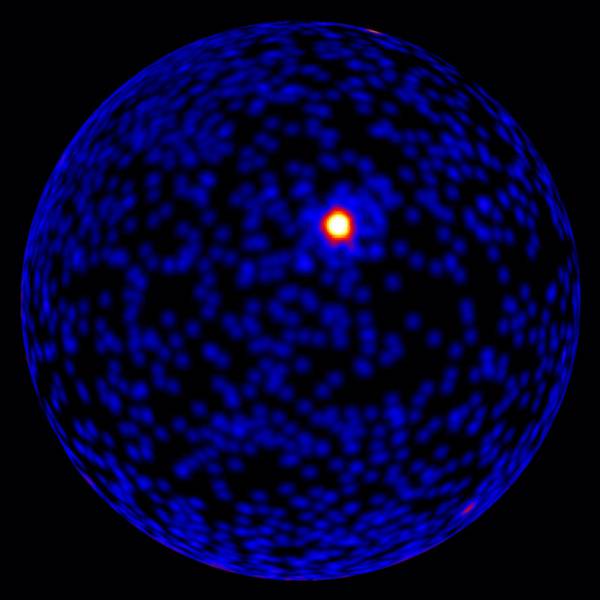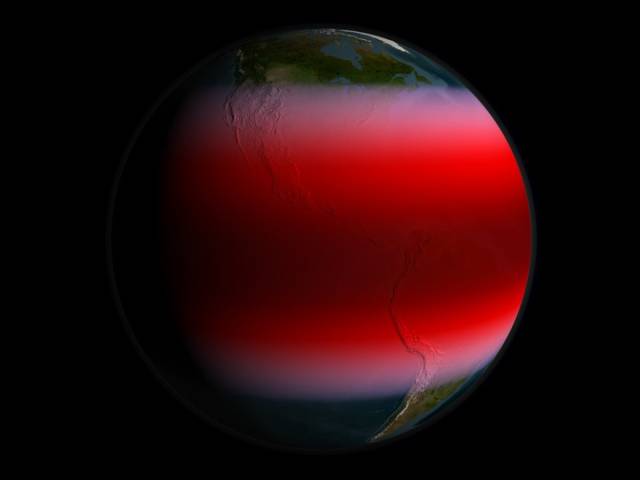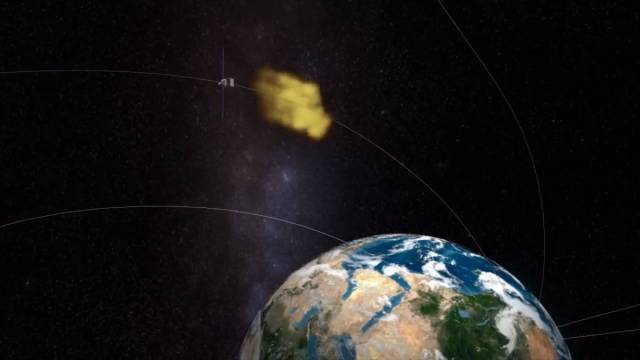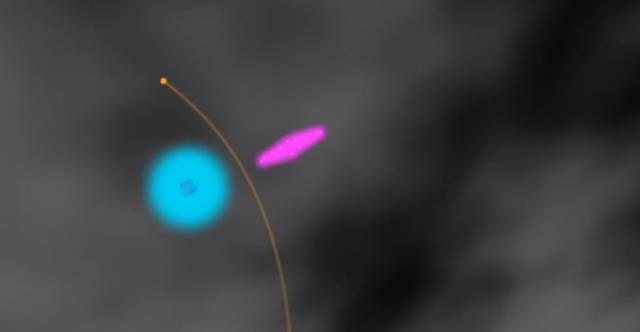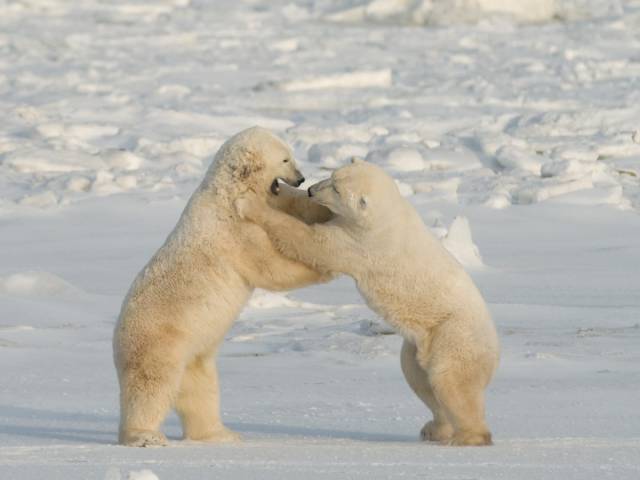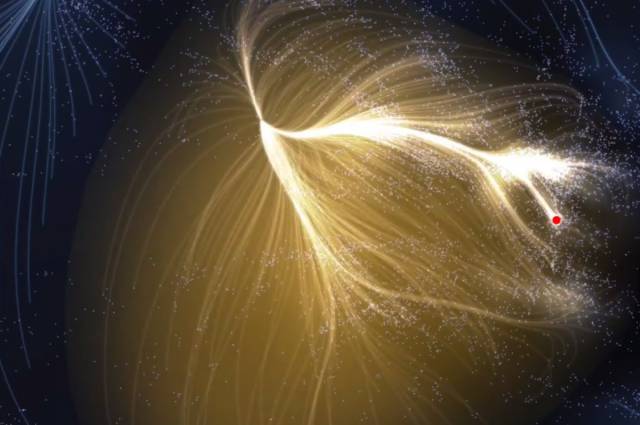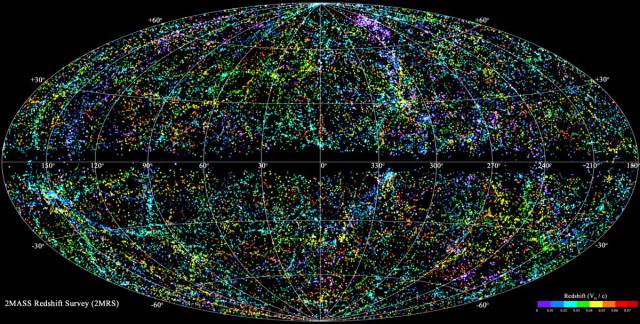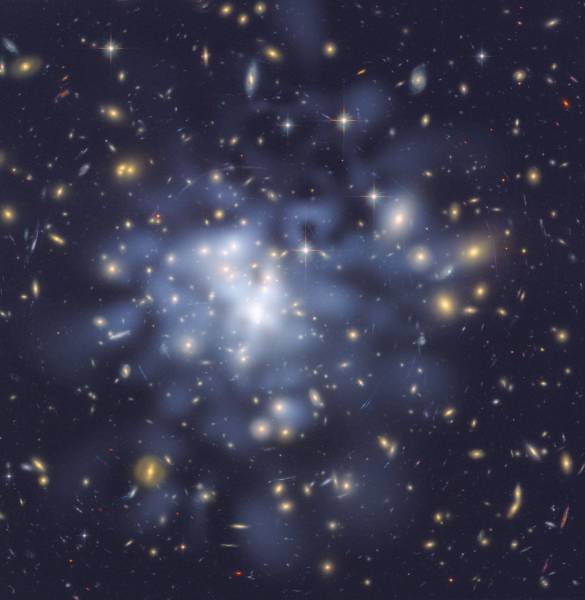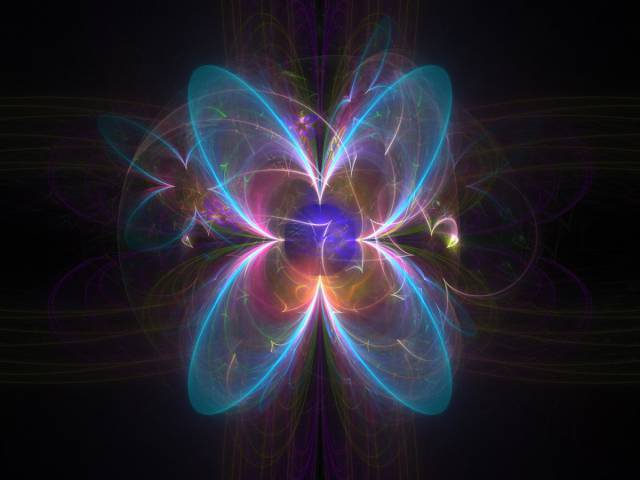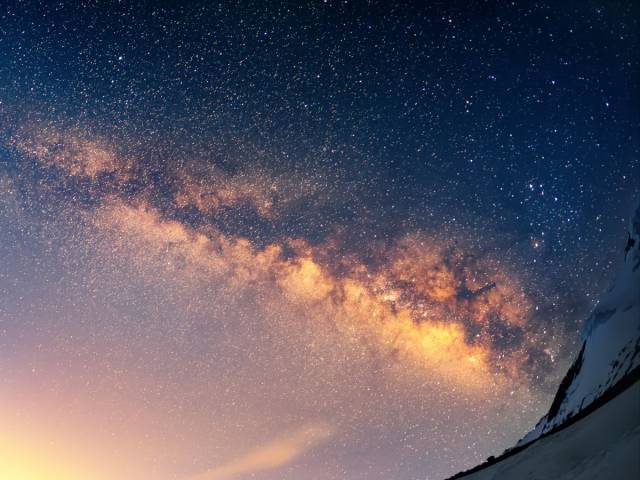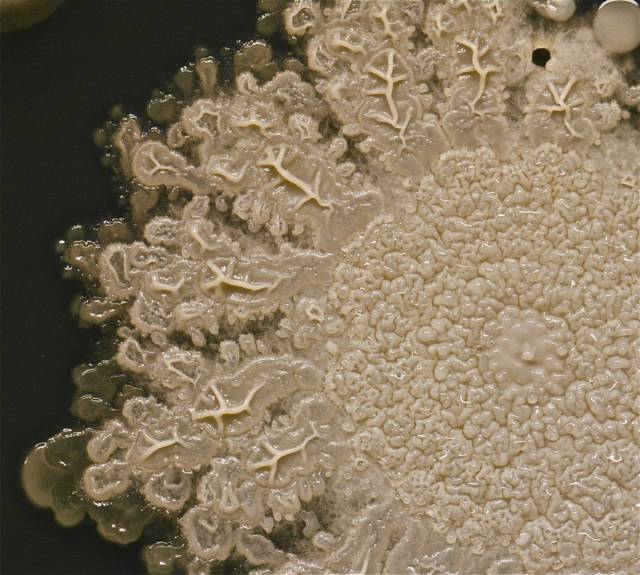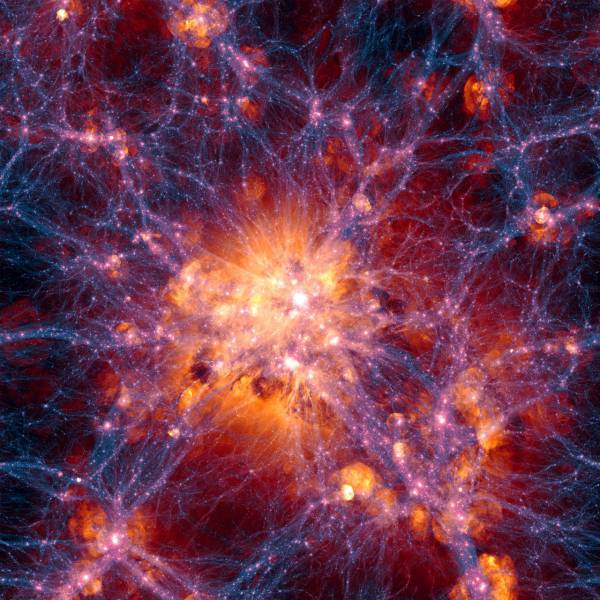This is what apocalypse could look like and it doesn’t look fun.
1) The Earth's molten core might cool.
Earth is surrounded by a protective magnetic shield, called the magnetosphere.
The field is generated by Earth's rotation, which swirls a thick shell of liquid iron and nickel (the outer core) around a solid ball of metal (the inner core), creating a giant electric dynamo.
The magnetosphere deflects energetic particles that emanate from the sun, changing its size and shape as it's hit.
The resulting flood of high-energy particles that slam into Earth's air can trigger beautiful auroras, or sometimes disruptive geomagnetic storms.
But if the core cools, we'd lose our magnetosphere — and also our protection from solar winds, which would slowly blast our atmosphere into space.
Mars — once rich with water and a thick atmosphere — suffered this same fate billions of years ago, leading to the nearly airless, seemingly lifeless world we know today.
2) The sun could start to die and expand.
The sun, and our position relative to it, is perhaps the most important piece of our tenuous existence.
Right now, the sun is midway through life, steadily converting hydrogen into helium through fusion.
That won't last forever, though. Billions of years from now the sun will run low on hydrogen and start fusing helium.
It's a more energetic reaction and will push the sun's layers outward, and possibly start pulling the Earth toward the sun.
We'd be incinerated and then vaporized.
That or the sun's expansion would push the Earth out of orbit. It'd die frozen as a rogue planet, untethered to any star and drifting through the void.
3) Earth could get shoved into a deadly orbit.
Speaking of rogue planets, worlds often get kicked out of their solar systems during formation.
According to recent simulations, in fact, rogue planets may outnumber stars in the Milky Way by 100,000 to one.
One of those rogue planets could drift into the solar system and destabilize Earth into an extreme and inhospitable orbit.
A world that's large enough and drifts close enough could even kick us out of the solar system entirely. (Or cause us to collide with a nearby planet, like Venus or Mercury.)
As its own rogue planet, Earth would become an ice ball. Meanwhile, a significant gravitational shove could also make extreme and deadly seasons that alternate between blisteringly cold and searingly hot.
4) A rogue planet could hit Earth.
Or instead of just passing by and disrupting Earth's orbit, a drifting world could make a direct hit.
It wouldn't be unprecedented. About 4.5 billion years ago, a small planet crashed into a larger planet in the solar system — forming Earth and its moon.
A new collision would similarly send debris flying all over the solar system and melt Earth 100% through. And while the new planet would eventually reform and cool down, it's anyone's guess if it'd be habitable.
5) Asteroids could bombard the planet.
Hollywood loves death-by-asteroid.
Rocks from space can be pretty destructive — a big one probably wiped out the dinosaurs — though it would take a lot of asteroids to properly dispatch the entire planet.
Still, it could happen. Earth was heavily bombarded by asteroids for hundreds of millions of years after it formed.
The impacts were so intense that the oceans boiled for a full year.
All life was single-celled at that point, and only the most heat-tolerant microbes made it.
Today's larger lifeforms almost certainly wouldn't make it. Air temperatures could reach more than 900 degrees Fahrenheit for several weeks if we suffered a similar pummeling.
6) The Earth could pass too close to a wandering black hole.
Black holes might be Hollywood's second-favorite form of planet death. It's easy to see why.
They're as mysterious as they are frightening. Even the name is ominous.
We don't know much about them, but we do know they're so dense that not even light can escape beyond a black hole's event horizon.
And scientists think "recoiled" black holes are out there wandering through space, just like rogue planets. It's not inconceivable that one could pass through the solar system.
A small black hole might harmlessly pass through the Earth, though anything larger than mass of the moon would cause big problems.
If light can't escape, the Earth definitely won't. There are two ideas about what could happen after the point of no return, given a big-enough rogue black hole.
Beyond the event horizon, atoms might stretch until they're pulled apart entirely.
Other physicists have theorized we'd run right into the end of the universe, or end up in an entirely different one.
Even if a recoiled black hole misses Earth, it might pass closely enough to cause earthquakes and other devastation, kick us out of the solar system, or spiral us into the sun.
7) The Earth's atmosphere could be obliterated in a gamma ray burst.
Gamma ray bursts, or GRBs, are one of the most powerful phenomena in the universe.
Most are the result of massive stars collapsing when they die. One short blast can emit more energy than our sun will over the course of its lifetime.
That energy has the potential to eradicate the ozone layer, flood the Earth with dangerous ultraviolet light, and trigger rapid global cooling.
In fact, a GRB pointed at Earth might have caused the first mass extinction 440 million years ago.
Luckily, David Thompson, deputy project director on the Fermi Gamma-ray Space Telescope, told National Geographic that GRBs aren't really a big concern.
He told the magazine the risk was equivalent to "the danger I might face if I found a polar bear in my closet in Bowie, Maryland."
8) The universe could go to pieces in its final "Big Rip."
This is the thing that could actually end the whole universe, not just the Earth.
The idea: A mysterious force called dark energy is pushing the universe apart at a faster and faster rate.
If this keeps accelerating, as it seems to be doing now, perhaps 22 billion years from now the force that keeps atoms together will fail — and all matter in the universe will dissolve into radiation.
But assuming the "Big Rip" is a dud, who knows what might happen after a global calamity humans don't survive?
It's possible some microbes will survive to reseed more complex life.
But if our destruction is total, we could at least hope some other intelligent life exists out there, and can pay its respects.

